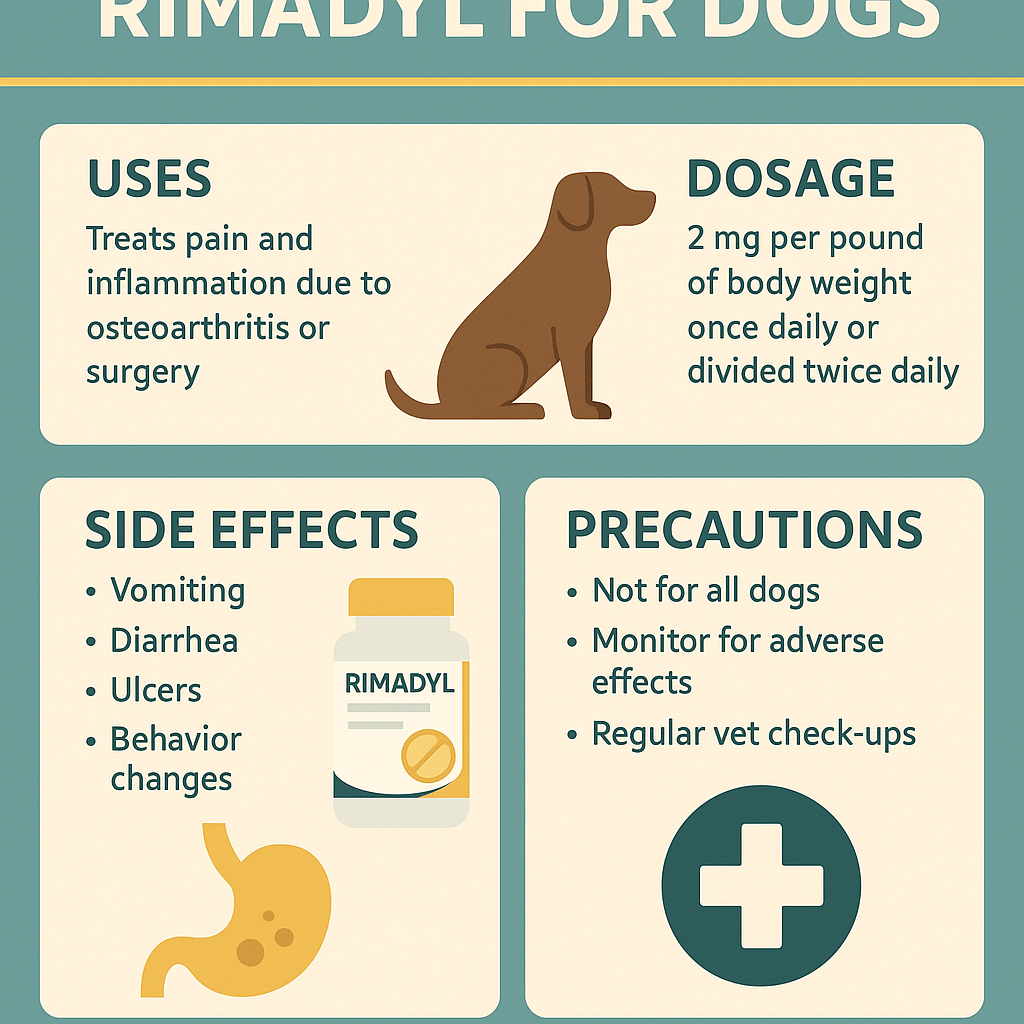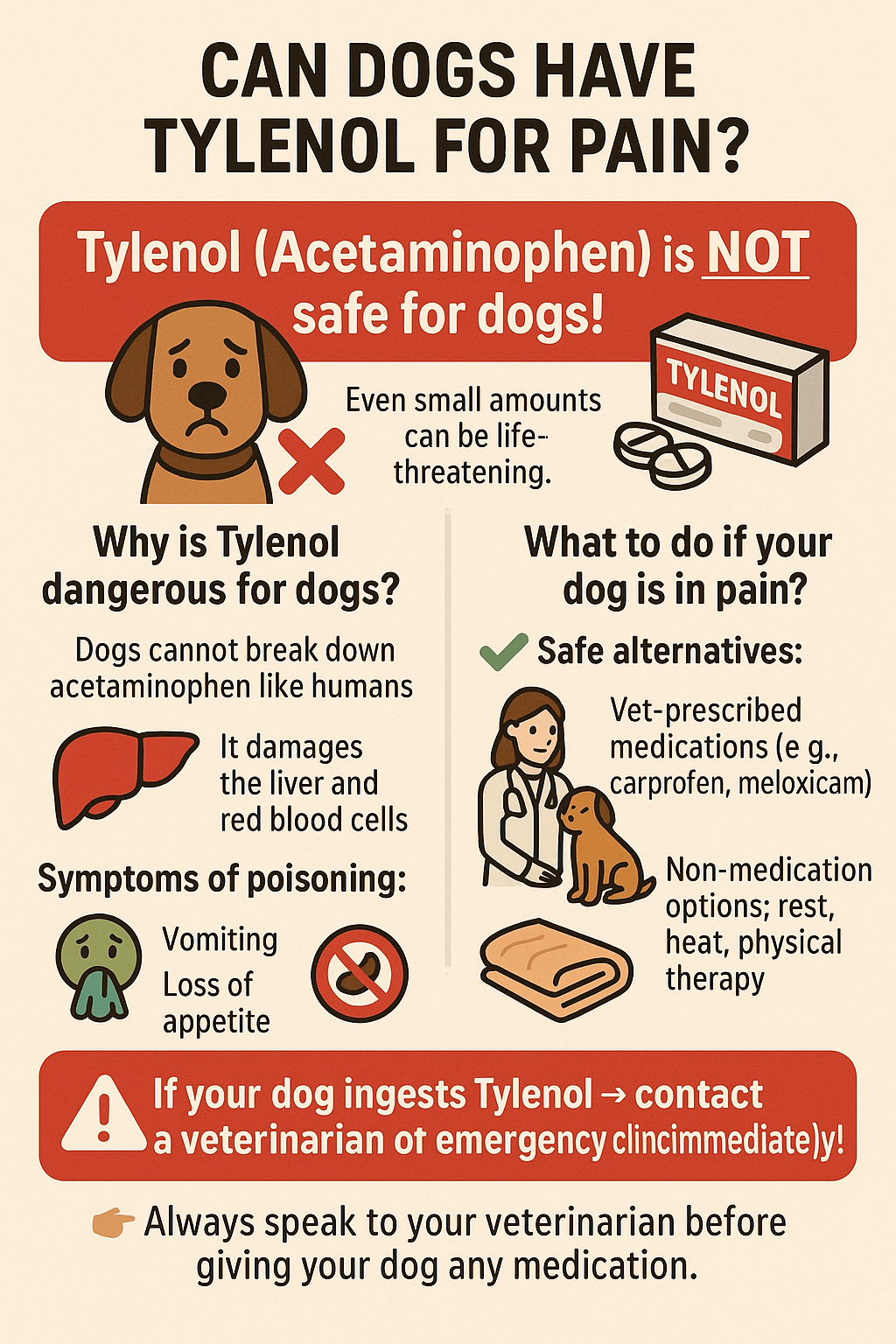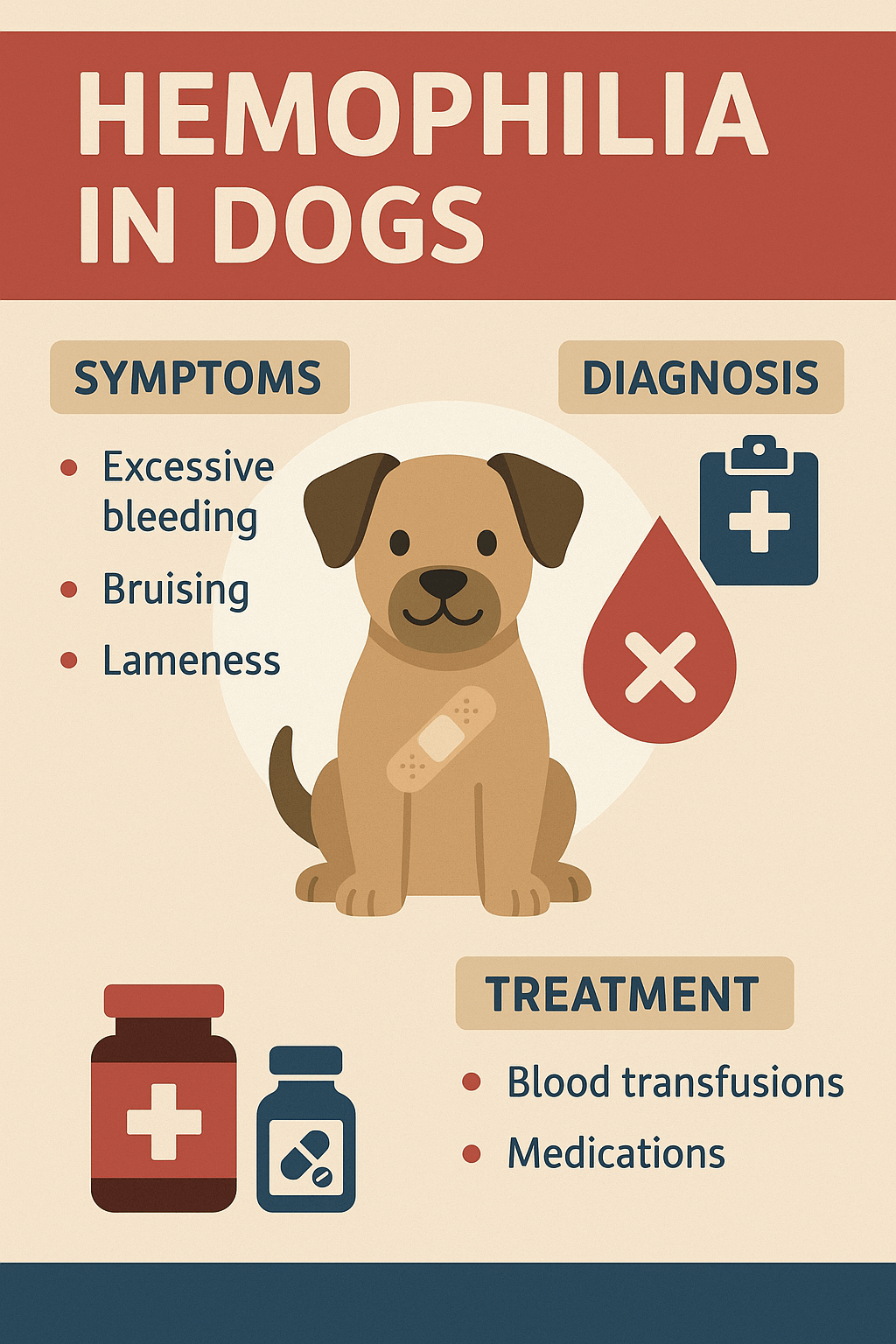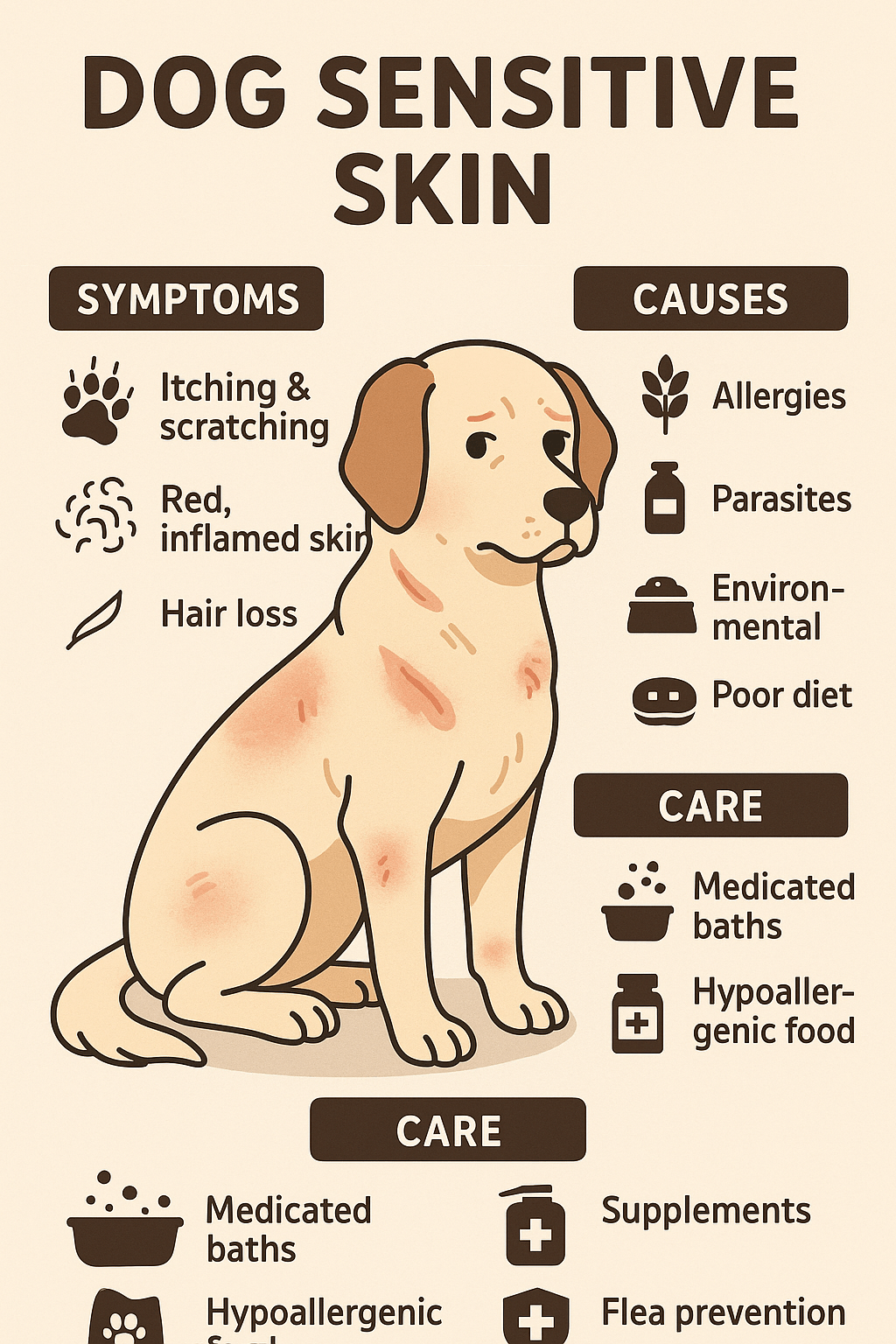Doberman Lifespan: How Long Do Dobermans Live?
The Doberman Pinscher is a strikingly elegant and intelligent breed, renowned for its loyalty, strength, and protective nature. For those considering adding a Doberman to their family, understanding their lifespan is crucial to ensuring a long and fulfilling life together. While Dobermans are generally healthy dogs, their lifespan can be influenced by genetics, lifestyle, and care. On average, a Doberman lives between 10 to 12 years, but with proper attention to their health and well-being, you can maximize their time by your side. In this blog post, we’ll explore the factors that affect a Doberman’s lifespan, tips for extending their years, and how to provide the best possible care for this beloved breed.
Factors That Influence a Doberman’s Lifespan
Several key factors play a role in determining how long a Doberman will live. Understanding these elements can help you take proactive steps to ensure your dog enjoys a long and healthy life.
Genetics and Breeding:
Responsible breeding practices reduce the risk of hereditary conditions like dilated cardiomyopathy (DCM) and von Willebrand’s disease, which can shorten a Doberman’s lifespan.Diet and Nutrition:
A balanced diet rich in high-quality proteins, fats, and essential nutrients supports overall health and longevity. Poor nutrition can lead to obesity or deficiencies.Exercise and Activity Levels:
Dobermans are highly active dogs that require daily physical and mental stimulation. Lack of exercise can lead to obesity and related health issues.Veterinary Care:
Regular check-ups, vaccinations, and preventive treatments for parasites are essential to catching potential problems early and maintaining good health.Living Environment:
A safe, stress-free home environment promotes emotional well-being, which can positively impact a Doberman’s lifespan.
By addressing these factors, you can significantly enhance your Doberman’s quality of life and extend their years with you.
Common Health Issues That Affect Doberman Lifespan
Dobermans are prone to certain health conditions that can impact their lifespan if not managed properly. Being aware of these risks allows you to take preventive measures and seek timely veterinary care.
Dilated Cardiomyopathy (DCM):
This heart condition is one of the leading causes of death in Dobermans. Regular cardiac screenings can help detect it early.Hip Dysplasia:
A common joint issue in large breeds, hip dysplasia can cause pain and mobility problems. Maintaining a healthy weight reduces strain on joints.Von Willebrand’s Disease:
A genetic blood clotting disorder, this condition requires careful management to prevent excessive bleeding during injuries or surgeries.Bloat (Gastric Torsion):
Dobermans are at risk for bloat, a life-threatening condition where the stomach twists. Feeding smaller meals and avoiding vigorous exercise after eating helps mitigate this risk.Hypothyroidism:
This hormonal imbalance can lead to weight gain, lethargy, and skin issues. Medication and dietary adjustments can manage symptoms effectively.
Understanding these health concerns empowers you to provide targeted care that supports your Doberman’s longevity.
Check this guide 👉Are Dobermans Hypoallergenic? Best 7 Expert Tips!
Check this guide 👉Are Dobermans Aggressive? Best 7 Expert Tips!
Check this guide 👉Are Doberman Guard Dogs? Best 7 Expert Tips!

Tips to Extend Your Doberman’s Lifespan | Health Risks to Monitor in Dobermans |
|---|---|
Provide a balanced, high-quality diet | Dilated cardiomyopathy (DCM) |
Ensure daily physical and mental exercise | Hip dysplasia |
Schedule regular vet check-ups | Von Willebrand’s disease |
Maintain a healthy weight | Bloat (gastric torsion) |
Create a safe and stress-free environment | Hypothyroidism |
How to Maximize Your Doberman’s Lifespan Through Proper Care
With the right care and attention, you can help your Doberman live a longer, healthier life. Here are some practical steps to incorporate into your routine.
Feed a Species-Appropriate Diet:
Choose food formulated for large, active breeds, ensuring it meets their nutritional needs without excess fillers or additives.Prioritize Mental Stimulation:
Puzzle toys, obedience training, and interactive games keep your Doberman’s sharp mind engaged and prevent boredom-related behaviors.Monitor Weight Closely:
Obesity is a major risk factor for many health issues. Regular weigh-ins and portion control help maintain an ideal body condition.Invest in Preventive Healthcare:
Annual blood tests, dental cleanings, and parasite prevention are critical for catching problems before they escalate.Socialize and Train Early:
Well-socialized and trained Dobermans are less likely to develop anxiety or behavioral issues that could impact their overall health.
By implementing these strategies, you can create a foundation for a long and happy life with your Doberman.
Signs Your Doberman May Be Experiencing Health Issues
Early detection of health problems is vital to managing them effectively. Watch for these signs that may indicate your Doberman needs veterinary attention.
Lethargy or Unusual Fatigue:
If your normally energetic Doberman seems unusually tired or reluctant to move, it could signal an underlying issue.Difficulty Breathing:
Labored breathing or coughing may point to heart problems like DCM or respiratory conditions.Sudden Weight Changes:
Rapid weight gain or loss can indicate metabolic disorders or other health concerns.Loss of Appetite:
Refusing food for more than a day is a red flag that warrants immediate investigation.Swollen Abdomen:
A distended belly could be a sign of bloat or other gastrointestinal issues requiring urgent care.
Recognizing these symptoms early ensures prompt treatment and better outcomes for your dog.
Training Tips to Keep Your Doberman Healthy and Happy
Training isn’t just about discipline—it’s also a way to strengthen your relationship and keep your Doberman mentally and physically fit. Here are some training tips tailored to this intelligent breed.
Start Early:
Begin training during puppyhood to establish good habits and build trust from a young age.Use Positive Reinforcement:
Reward-based methods, such as treats and praise, work best to motivate and encourage desired behaviors.Focus on Obedience Commands:
Teaching commands like “sit,” “stay,” and “come” ensures safety and improves communication between you and your dog.Incorporate Agility Training:
Agility courses challenge both body and mind, providing an outlet for your Doberman’s energy and intelligence.Be Consistent:
Consistency in rules and routines helps your Doberman understand expectations and reduces confusion.
Proper training fosters a harmonious relationship while promoting your Doberman’s overall well-being.
Creating a Safe Living Space for Your Doberman
A secure and comfortable environment is essential for your Doberman’s happiness and safety. These tips will help you design a space that suits their needs.
Provide Ample Space to Move:
Ensure your home has enough room for your Doberman to stretch, play, and relax comfortably.Secure Hazardous Areas:
Block access to stairs, balconies, or pools until your dog is fully trained to navigate them safely.Choose Durable Toys:
Opt for sturdy, chew-resistant toys designed for powerful jaws to prevent choking hazards.Maintain a Comfortable Temperature:
Dobermans are sensitive to extreme heat or cold; provide shade, water, and shelter as needed.Create a Cozy Resting Spot:
Offer a soft bed in a quiet corner where your Doberman can retreat and unwind.
A thoughtfully designed living space supports your Doberman’s physical and emotional health.
Fun Activities to Enjoy with Your Doberman
Engaging in fun activities strengthens your bond and keeps your Doberman physically and mentally stimulated. Here are some ideas to try with your energetic companion.
Long Walks or Runs:
Daily walks or runs in safe areas allow your Doberman to burn off energy and explore new scents.Fetch Games:
Playing fetch with balls or frisbees is a great way to tire them out while honing their retrieving instincts.Obedience Competitions:
Participate in events like AKC trials to showcase your Doberman’s skills and deepen your teamwork.Swimming Sessions:
Many Dobermans enjoy swimming, which provides low-impact exercise and cools them down on hot days.Interactive Playdates:
Arrange supervised playdates with other friendly dogs to satisfy their socialization needs.
These activities ensure your Doberman remains active, engaged, and content throughout their life.
Frequently Asked Questions About Doberman Lifespan
What is the average lifespan of a Doberman?
The average lifespan of a Doberman is 10 to 12 years, though some may live slightly longer with excellent care.
Why do Dobermans have a shorter lifespan compared to other breeds?
Dobermans are predisposed to serious health conditions like DCM, which can shorten their lifespan.
Can I extend my Doberman’s lifespan?
Yes, through proper diet, exercise, regular vet visits, and a loving environment, you can maximize their years.
Are male or female Dobermans likely to live longer?
There’s no significant difference in lifespan between genders, but individual genetics and care play a bigger role.
What should I feed my Doberman to promote longevity?
High-quality protein, balanced fats, and minimal processed ingredients are ideal for supporting their health.
Cherishing Every Moment with Your Doberman
While the Doberman lifespan may not be as long as some other breeds, the bond you share with your loyal companion makes every moment precious. By staying informed about their unique needs, addressing potential health risks proactively, and showering them with love and care, you can ensure they live a full and joyful life. Remember, your dedication and commitment are the greatest gifts you can give to your Doberman. With your support, they’ll thrive as the intelligent, devoted, and loving companions they were born to be.
Rimadyl for Dogs: Best 7 Expert Tips! Discover expert advice on using Rimadyl safely, managing pain, and improving your dog’s mobility with trusted veterinary insights.
Can Dogs Have Tylenol for Pain? Best 7 Expert Tips! Discover the risks, safe alternatives, and expert advice on managing your dog’s pain effectively while avoiding harmful medications.
Understanding Hemophilia in Dogs: Best 7 Expert Tips! Discover expert advice on managing hemophilia, recognizing symptoms, and ensuring your dog’s well-being with practical care strategies.
Understanding Dog Sensitive Skin: Best 7 Expert Tips! Discover expert advice on managing dog sensitive skin, relieving irritation, and improving your pup’s comfort with practical solutions.




